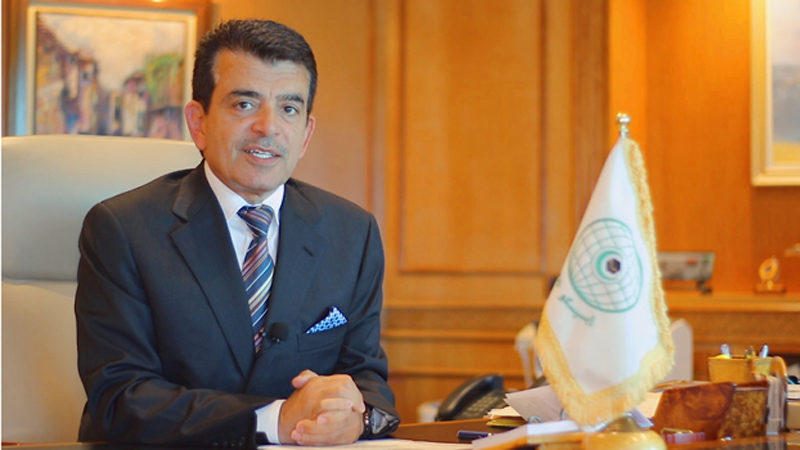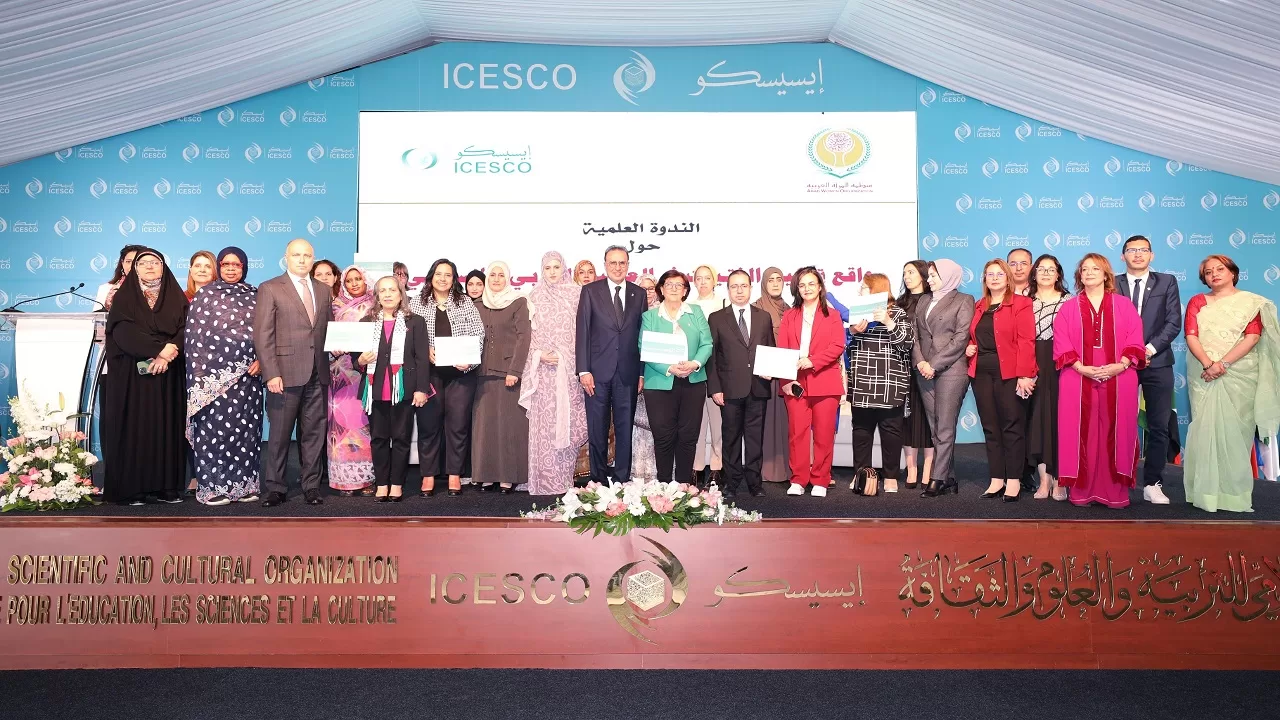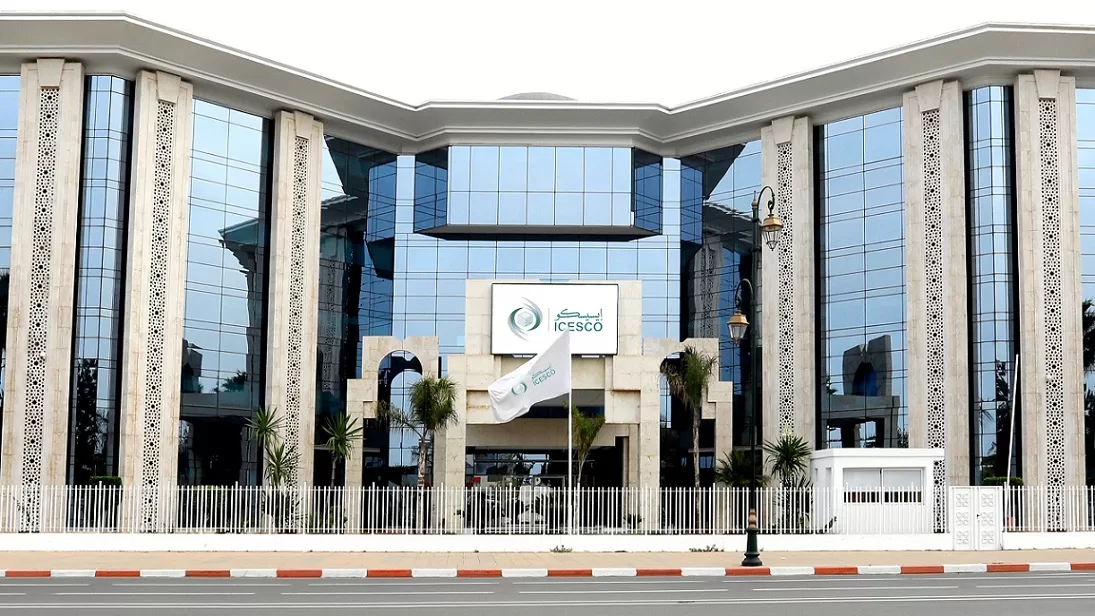
AlMalik reaffirms ISESCO’s commitment to support Member States to overcome the educational challenges

27 January 2020
Dr. Salim M. AlMalik, Director General of the Islamic Educational, Scientific and Cultural Organization (ISESCO), stressed ISESCO’s commitment to provide support and proposals to Member States with regard to the tools and curricula likely to achieve the Sustainable Development Goal 4 on “ensuring inclusive and equitable quality education for all”, particularly through its partnership with the Education Relief Foundation (ERF) as ISESCO considers ERF’s action as an opportunity to release the energies of millions of girls and boys so as to ensure a safe, prosperous, equitable and flexible future for all thanks to balanced and inclusive education.
This was part of his address at the 3rd Forum on Balanced and Inclusive Education, held on 27-29 January 2020, by ERF in cooperation with the Republic of Djibouti, delivered on his behalf by Ms. Yasmina Saghrouni, Expert at the Directorate of External Relations and Cooperation of ISESCO.
Dr. AlMalik stated that the Forum is an occasion to celebrate the outputs of the consultative and participatory process in which major intellects, practitioners, decision-makers, and technical staff in the field of education with a view to developing an influential and effective educational approach to guide the current and next generation in a changing continent and a mutant world.
He also highlighted that “ISESCO is aware, as stressed in its new strategic vision, that education has a multidisciplinary future which pays attention to complexities and multiculturalism, and most importantly, it is vital for promoting the capacity of Member States to adaptation and contribution to the achievement of a sustainable future for all.”
Besides, Dr. AlMalik stressed that ISESCO is aware of the extent of complexity that marks the educational challenges facing Member States in a borderless world amid the flow of knowledge, the virtual communication and multilingualism as well as the spread of conflicts that give rise to instability and worrying escalation of the flow of people and migrants.
Dr. AlMalik warned that “only the Arab region houses 32% of refugees and 38% of internally displaced people in the world due to conflicts. Besides, 32 out 59 million of school dropouts live in the Sub-Saharan African, North African and West Asian countries. Girls at the age of school are deprived from their right to education.”
He added that in some of ISESCO Member States, citizens, especially children suffer from multidimensional poverty, catastrophes, displacement due to climate change, and migration due to conflicts, although they have some of the most ancient schools, universities and renowned scholars in the world. “It is high time for these countries and regions to integrate in the societal transformations given the pressure exerted by the Information and Communication Technologies (ICT), and the growing domination of social media which has become a virtual decision-maker that equally promotes cohesion and creates dialogue spaces, but foments divisiveness and fuels hatred,” he stressed.
At the close of his address, Dr. AlMalik stated that from this dull reality, innovation, creativity and solutions are born to face these challenges and enable students, teachers and decision-makers to get a balanced and inclusive education.



